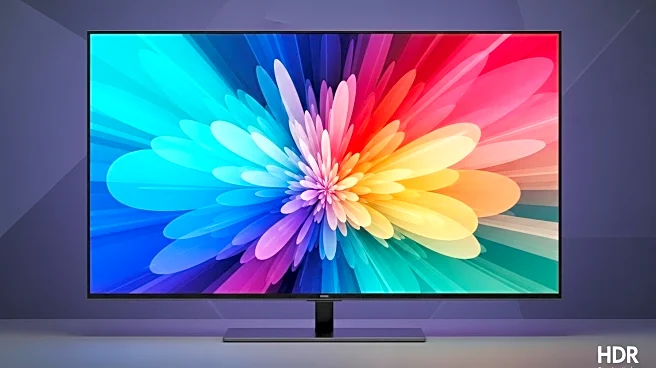What's Happening?
NBCUniversal and YouTube TV have reached a short-term extension on their existing carriage agreement, preventing a potential programming blackout. The deal ensures that YouTube TV subscribers will continue to have access to NBCUniversal's programming while negotiations for a longer-term agreement continue. This development comes as carriage talks had stalled over the rates YouTube TV would pay to carry NBCUniversal's shows. NBCUniversal had offered YouTube TV the same terms it extended to other large TV distributors, including Amazon's Prime Video Channels. The agreement is crucial as popular NBC shows like 'Sunday Night Football' and 'America's Got Talent' were at risk of being unavailable on YouTube TV if the two sides failed to reach an agreement.
Why It's Important?
The short-term extension is significant as it prevents a disruption in service for YouTube TV's 10 million subscribers, who might have lost access to popular NBCUniversal programming. This situation highlights the ongoing challenges in the media industry, where traditional broadcasters and streaming services must negotiate carriage agreements to ensure content availability. The outcome of these negotiations could set a precedent for future deals between content providers and streaming platforms, potentially influencing the landscape of television distribution. The deal also underscores YouTube's growing influence in the TV viewing market, as it now accounts for the largest share of TV viewing in the U.S., surpassing competitors like Netflix and Disney.
What's Next?
As negotiations continue, both NBCUniversal and YouTube TV will likely work towards a long-term agreement that satisfies both parties. The outcome of these talks could impact future carriage agreements and the strategies of other streaming services and traditional broadcasters. Stakeholders in the media industry will be closely watching these developments, as they could influence the pricing and availability of content across different platforms. Additionally, the resolution of this standoff may affect how streaming services bundle and distribute content, potentially leading to changes in consumer access to popular programming.










